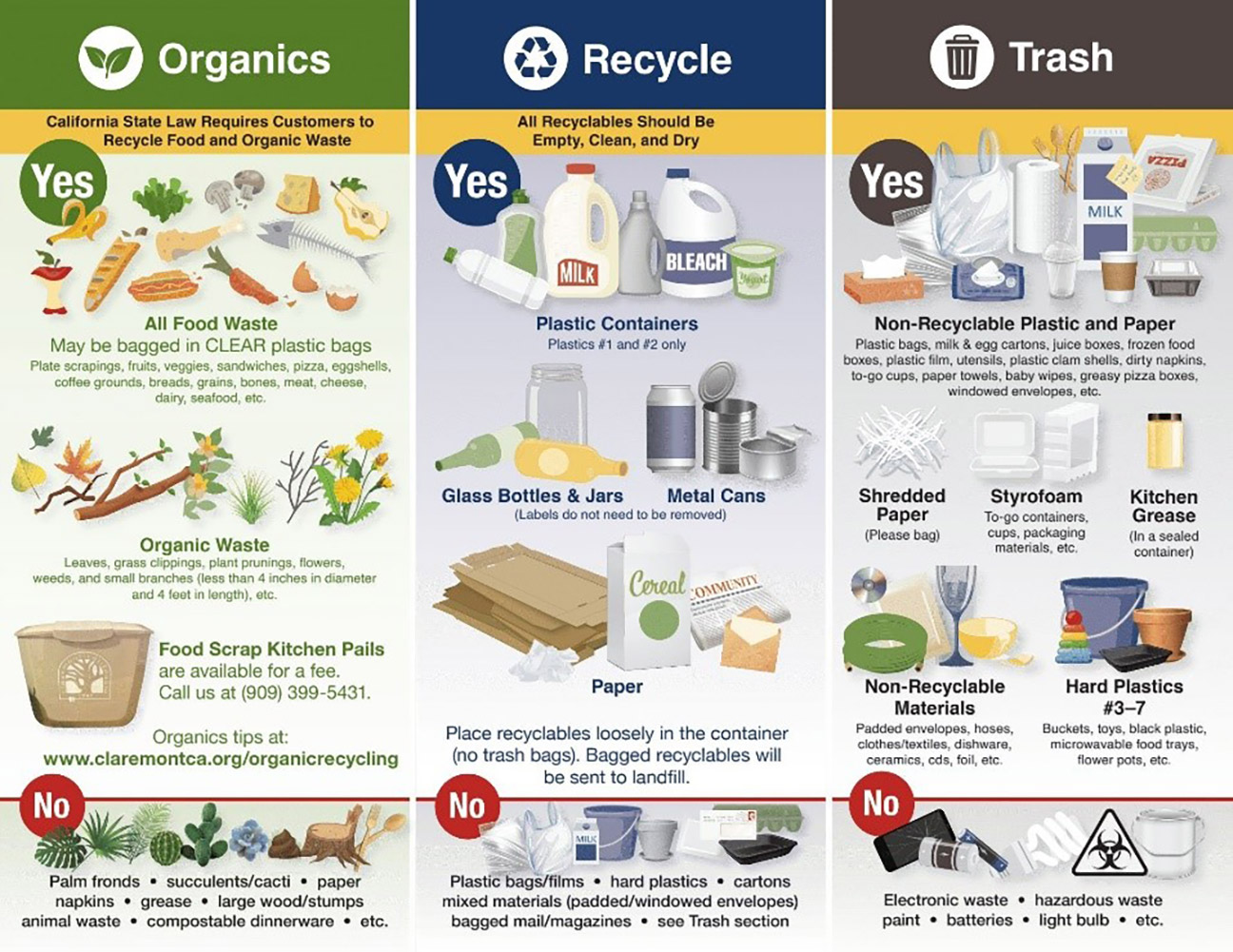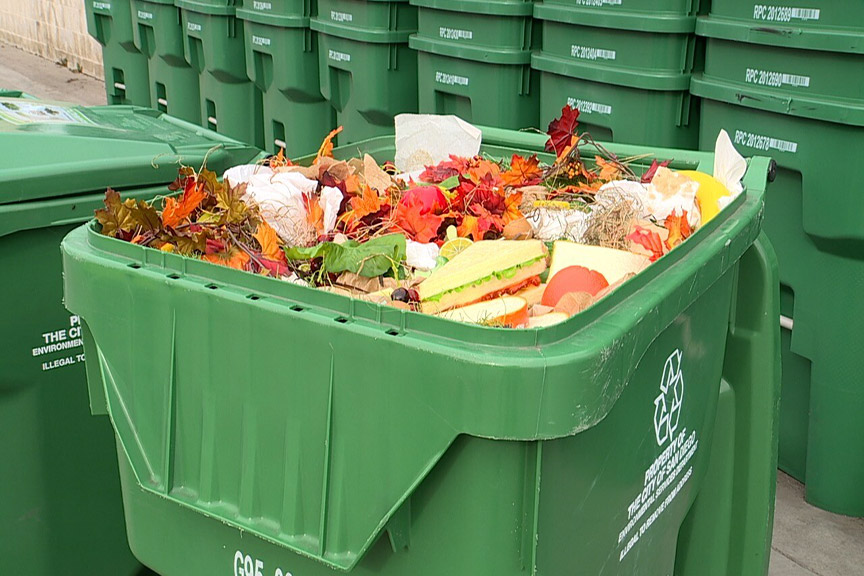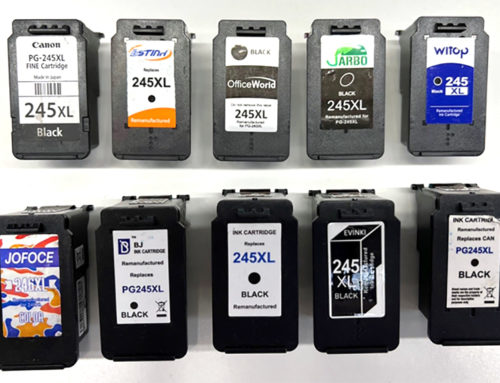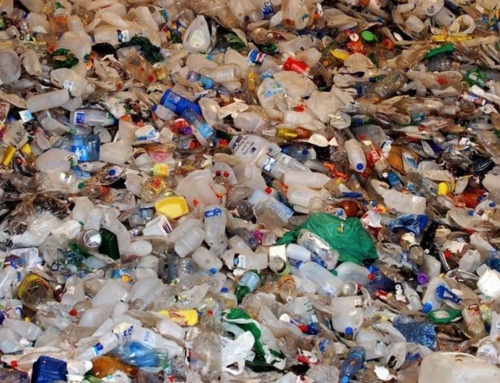In a bid to tackle environmental issues and reduce methane emissions from landfills, California’s composting law (SB 1383) came into effect in 2022, and now, in 2024, enforcement has begun. This law stipulates that residents could face fines for not properly recycling their food waste.
Education Over Enforcement in Sacramento:
While the law allows for fines, the city of Sacramento has taken a different approach, prioritizing education over strict enforcement. Lisa Banuelos, a Sacramento resident, reflects the sentiment of many: a need for greater diligence in separating food scraps from regular trash.
Jesa David from the city’s Recycling and Solid Waste Division emphasizes the simplicity of the process, urging residents to dispose of food waste in their green bins designated for organic waste.
“It’s not about punishment or penalizing anybody. We just want to make sure everybody has the right tools,” says David.
Statewide Implementation and Enforcement:
CalRecycle, overseeing the law’s implementation, clarifies that enforcement is not about penalizing but ensuring compliance and fostering a cultural shift. Rachel Machi Wagoner, director of CalRecycle, notes that the state is progressing well, with 75% of cities already incorporating the recycling program.
The state aims to have 75% of all organic waste recycled, translating to significant reductions in greenhouse gas emissions. Wagoner emphasizes that enforcement is a means to encourage compliance and cultural change.

Varied Approaches Across Cities:
Several cities, including Folsom and Rancho Cordova, have chosen to prioritize education over fines. Each city has its own strategy to ensure residents comply with the law, with notices of violation and opportunities to correct non-compliance before fines are considered.
Placer County stands out with its ‘One Big Bin’ system, encouraging residents to dispose of food waste in regular bins, as their recycling facility can efficiently sort and compost organic waste.
The Purpose Behind California’s Compost Law:
The California compost law aims to reduce methane emissions by diverting organic waste from landfills. In 2018, the EPA estimated that food waste accounted for over 21% of landfill content. The state’s goal is a 75% reduction in organic waste disposal into landfills by 2025.
Benefits of Composting:
Aside from environmental benefits, composting also offers practical advantages. By keeping food scraps out of drain lines and sewer systems, homeowners can reduce the risk of clogs and costly plumbing issues. Using garbage disposals less frequently aligns with the broader goal of waste reduction.
Guidelines for Composting:
CalRecycle provides guidelines on separating compostable food waste from garbage. Using countertop bins with charcoal filters helps control odors. The compostables cart should ideally have a base of dry yard waste or cardboard to prevent sticking.
What Goes In and What Stays Out:
The compostables cart accepts a wide range of items, including food scraps, paper, cardboard, and yard waste. However, bio-degradable plastics, bags, cups, and certain types of vegetation are not considered short-lived and should continue to go into regular trash bins.
As California moves forward with its composting law, the focus remains on education, compliance, and fostering a sustainable culture rather than punitive measures. Residents are encouraged to embrace composting as a simple yet impactful step toward a greener future.






